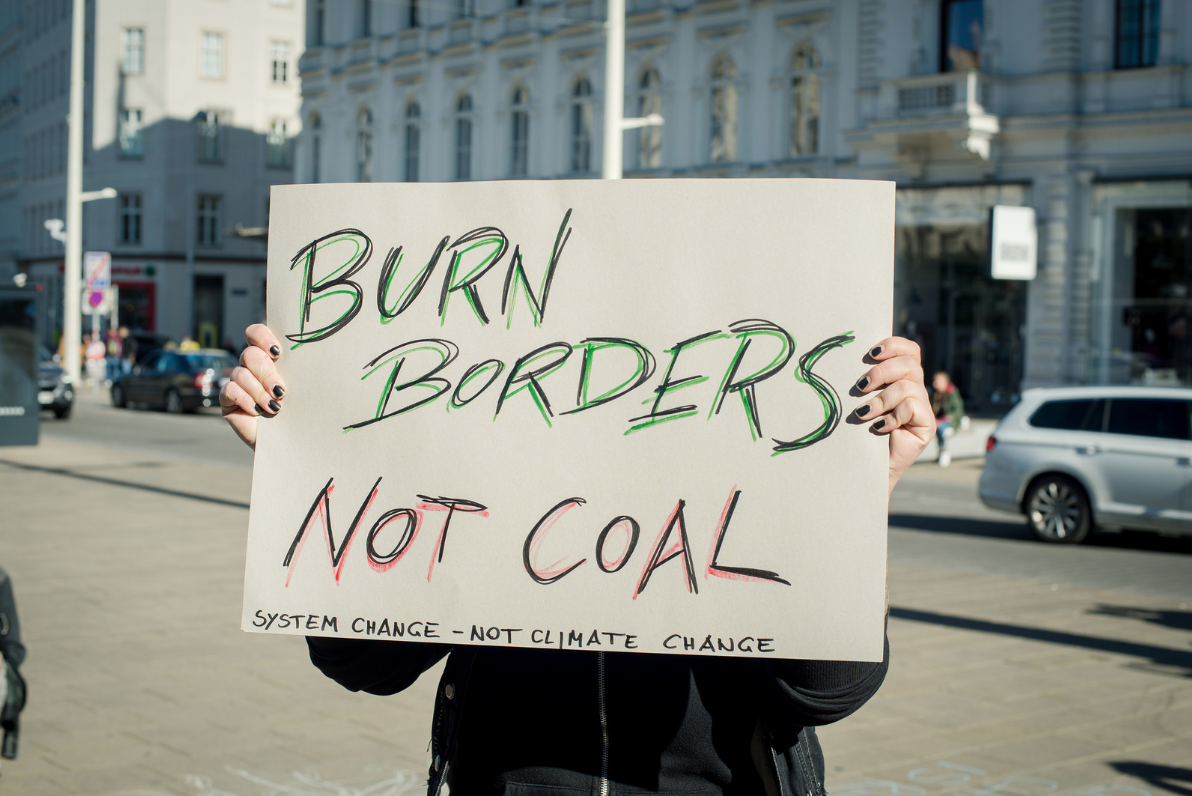2018 Was the Year We Acknowledged That Climate Catastrophe Is Imminent
Credit to Author: Mattha Busby| Date: Fri, 28 Dec 2018 12:21:13 +0000
The 21st century has so far been warmer than the previous three centuries, and 2018’s sweltering summer was the joint hottest ever recorded in England. After a year in which droughts caused a vegetable shortage in shops, scorching temperatures fuelled major moorland fires, hospitals treated record numbers of patients during the heatwave and floods caused unprecedented havoc, the ramifications of rising extreme weather are becoming ever too apparent. Sun cream and safari hats are not going to save us: the detonator has been activated, the clock is ticking, disaster looms large and drastic measures are required to avert total climate catastrophe.
Of course, climate change has often felt like something quite distant, without tangible effects that could spur Brits into action, but it has been long coming.
A few examples: low-lying communities in Somerset were completely submerged by floods worsened by climate change in 2014, and people were forced to flee York and Leeds in dinghies after devastating flooding off the back of Storm Desmond in 2015. At the same time as world leaders attended the climate talks in Paris, Devon and Cornwall’s coastal railways collapsed into the ocean. Whole communities in Norfolk are crumbling into the sea, with dozens of homes lost to coastal erosion in recent years and more set to fall; moorlands have become Outback-style tinderboxes with Saddleworth burning for three weeks straight this summer; and experts have warned that wildfires may well became a far too regular threat.

The government has a national adaptation programme for climate change, but this is just a “first step”, according to experts, who claim similar measures have so far lacked ambition. “The next iteration should be a more strategic, focused document, to make sure the most important priorities are clear and the most urgent issues are being tackled,” says the Committee on Climate Change. “There should be improved monitoring and evaluation of key policies that aim to address the risks of climate change.”
So, what’s next? Activists will become ever more radical as they risk their own liberty to protest the “ecocidal” policies of the government, the next Daily Mail-led plastic-picking campaign will be presented as a massive victory for Theresa May and the Church of England will call on oil companies to cut their greenhouse gas emissions. Government bodies will demand more tree planting from the sidelines and Middle England NIMBYs will somehow prevent onshore wind energy from reaching its full potential. It will be left up to Tesco to reduce food waste, summer will get longer, winter will get shorter, and before long that 12 years we had to tackle climate change will have passed.
At least we can say that this year was the point in which the average Brit could discuss climate change with others, knowing they’d be understood and believed – even if no one else was listening.
VICE contacted the Department for the Environment, Food and Rural Affairs (Defra) for comment. It advised us to contact the Department for Business, Enterprise and Industrial Strategy, which said to contact Defra.
This article originally appeared on VICE UK.